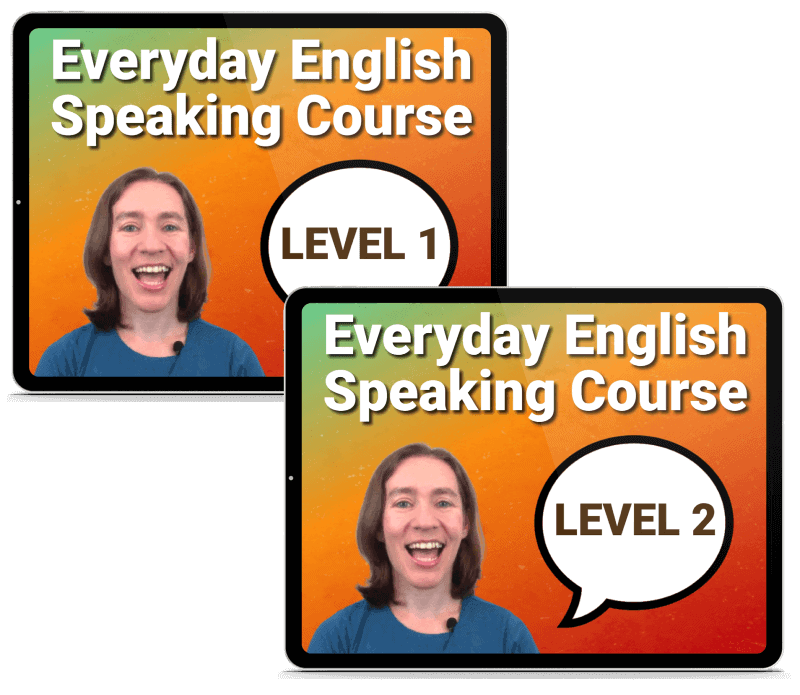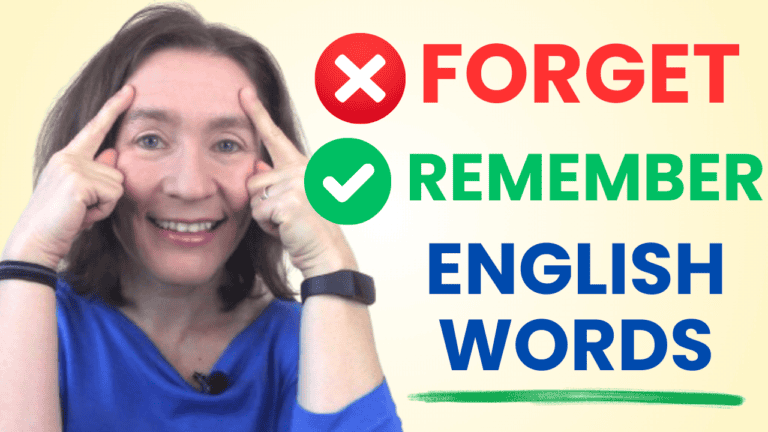
Download FREE “Ask the teacher” lessons
Everyday English Speaking Courses
I beg to differ: Meaning & Examples
A student asked, “What does I beg to differ mean, and when do we use it?”
“I beg to differ” means “I disagree.” Let’s see some examples:
Between friends:
- “Avatar is the greatest movie of all time!”
- “I beg to differ. The Matrix was way better.”
At work:
- “I think the new policy will greatly benefit everyone in the company.”
- “Well, I beg to differ. I believe it could create more challenges for some teams.”
In British English, the phrase “I beg to differ” is considered quite formal and polite, but it’s actually not super common in American English.
When we want to disagree politely, we’d likely say something like:
- “I’m afraid I disagree” or “Sorry, but I don’t agree” in more formal situations
- “I don’t think so” or “No way” in more informal situations
- Or something even more indirect like “Well, in my opinion…” or “Actually, I think…” or “I see it differently” – and then express your point of view.
Let’s see examples of these phrases for disagreement used in conversations:
How to disagree politely
I’m afraid I disagree.
“We’ll need to buy at least 10 new machines this year in order to keep up with the increased production.”
“I’m afraid I disagree. If we focus on improving the efficiency of the equipment we already have, we could avoid making new purchases.”
I beg to differ.
“Books are a thing of the past. The future is in online publications.”
“I beg to differ – a lot of people still prefer to have a book in their hands rather than read on a screen.”
I’m not so sure about that.
“China will definitely be the dominant world power over the next century.”
“I’m not so sure about that. I just don’t think their current level of growth is sustainable.”
Not necessarily.
“If everyone took shorter showers, the world’s water shortage problems would be solved.”
“Not necessarily. Far more water is used in the production of food, for example, than for taking showers.”
I don’t see it that way.
“Globalization is just another way for rich countries to exploit poor countries.”
“I don’t see it that way. I think it’s a mutually beneficial relationship, and in fact a lot of developing countries have benefited quite a bit.”
I’m sorry, but I don’t agree.
“I think we should completely change the packaging of our product – it really needs a more modern look.”
“I’m sorry, but I don’t agree. If we change our product’s appearance, our current customers won’t recognize it anymore.”
Yes, but…
“This backpack is only $9 – what a bargain!”
“Yes, but it doesn’t look like it’s made of very strong material.”
How to disagree indirectly
One way to disagree indirectly is simply to say your own opinion. It’s common to use the words well and actually, which signal that you are going to express a contrasting opinion.
Well, in my opinion…
“Studying English grammar is the key to speaking correctly.”
“Well, in my opinion, it’s more important to practice listening.”
Actually, I think…
“Maradona was the best soccer player of the past century.”
“Actually, I think Pele was better.”
Informal Phrases for Disagreeing
Note: Use these only among close friends, because they could be offensive in a professional context.
No way!
“Brazil will definitely win the World Cup this year.”
“No way! Argentina has a much better shot.”
(a better shot = a better chance)
You can’t be serious.
“I think we should buy a new car.”
“You can’t be serious. We can’t afford that right now.”











